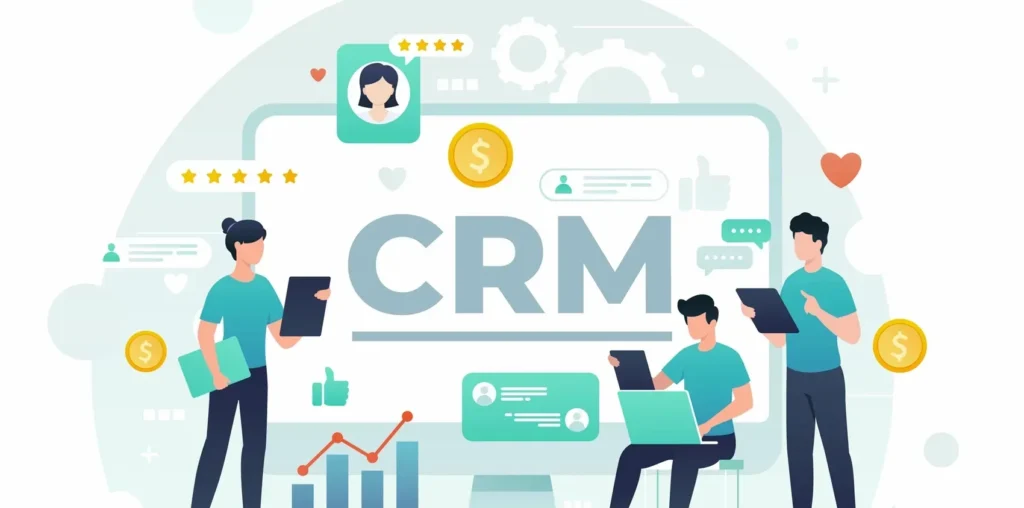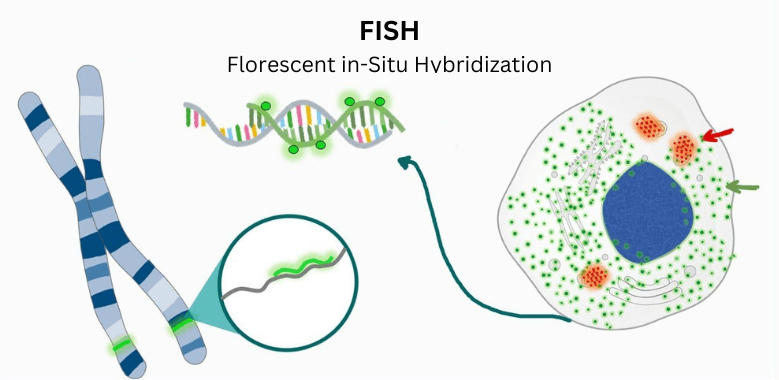In the evolving healthcare landscape, delivering quality care extends far beyond the clinic walls. A patient’s journey doesn’t end after the initial consultation—consistent and effective follow-up care is essential to ensure proper recovery, medication adherence, and long-term health outcomes. One powerful tool clinics can use to streamline and enhance follow-up care is Customer Relationship Management (CRM) software.
CRM systems, often associated with customer service and sales, are now making a strong impact in healthcare settings. Solutions like the Customized Clinic Management System by Instacare offer powerful CRM features that enable clinics to automate routine processes, provide personalized care, and improve communication — all of which contribute to a better patient follow-up experience. Here’s how clinics can use CRM tools to revolutionize their follow-up care processes.
Automating Appointment Scheduling and Reminders
Missed appointments are a common challenge in healthcare. Many patients simply forget about their scheduled follow-ups, leading to gaps in care and wasted clinic resources. CRM systems help address this by offering automated appointment scheduling and reminders. Clinics can set up reminders via SMS, email, or push notifications to notify patients about upcoming visits, lab tests, or prescription pickups.
This automation reduces no-show rates, ensures that patients receive timely follow-up care, and also eases the burden on administrative staff who would otherwise need to call patients manually. By minimizing human error and forgetfulness, clinics can foster better patient adherence and improve overall outcomes.
Delivering Personalized Patient Communication
Another valuable aspect of CRM software is its ability to send personalized follow-up messages. Rather than delivering generic notifications, clinics can use patient data such as medical history, diagnosis, or treatment plan to tailor communication. For example, a patient recovering from surgery can receive custom recovery tips, or a diabetic patient might receive a reminder for their HbA1c test.
This level of personalization not only helps improve the relevance of follow-up care but also strengthens the provider-patient relationship. When patients feel that their healthcare provider truly understands their needs, it builds trust and encourages them to stay engaged with their care plan.
Centralizing Patient Records for Better Coordination
A major benefit of CRM systems is their ability to centralize patient data. This includes appointment history, prescriptions, lab results, diagnosis notes, and communication logs. By having a complete patient profile readily available, healthcare providers can make more informed decisions during follow-up visits.
For instance, if a patient is scheduled for a follow-up after a diagnostic test, the provider can quickly access the results and previous notes to decide on the next steps. This continuity of care ensures that patients don’t need to repeat themselves or redo tests unnecessarily, leading to a smoother and more efficient experience.
Using Workflow Automation for Consistent Follow-Up
Many CRM platforms offer trigger-based workflow automation, allowing clinics to initiate follow-up actions automatically. These workflows can be based on events such as test results, medication prescriptions, or missed appointments. For example, if a patient’s blood test shows abnormal results, the CRM can automatically alert the clinician and schedule a follow-up appointment or call.
Such automation helps clinics maintain consistency in their care processes while reducing the chance of errors or delays. By ensuring that no patient is overlooked, clinics can maintain high standards of follow-up care without overburdening staff.
Gathering Feedback Through Post-Visit Surveys
Follow-up care isn’t just about medical treatment — it’s also about listening to the patient’s experience. CRM systems make it easy to send post-visit surveys to gather feedback on services provided. These surveys help clinics understand how patients felt about their visit. What improvements are needed, and whether they are satisfied with their care.
Acting on this feedback can help improve services, boost patient retention, and enhance overall satisfaction. Moreover, patients are more likely to return to a clinic where they feel their opinions are valued.
Managing Team Tasks and Responsibilities
In a busy clinic setting, follow-up responsibilities are often shared among multiple staff members. A CRM system can serve as a task management tool, allowing clinic administrators to assign and track tasks related to follow-up care. Whether it’s making a phone call to a patient, reviewing test results, or sending out information, each task can be tracked and linked to a specific patient.
This ensures that nothing falls through the cracks and that every member of the team knows their responsibilities. Clear task management leads to better coordination, improved efficiency, and timely care delivery.
Enhancing Follow-Ups with Telehealth Integration
With the increasing adoption of virtual care, modern CRM systems often integrate with telehealth platforms, allowing clinics to conduct follow-ups through video calls, secure messaging, or phone consultations. This is especially beneficial for patients in remote locations or those who have mobility issues.
Telehealth follow-ups can be scheduled, managed, and documented directly through the CRM, providing a seamless experience for both the clinic and the patient. It improves accessibility, reduces patient drop-off, and ensures that care continues regardless of geographical barriers.
Leveraging Data Analytics for Continuous Improvement
CRM systems provide powerful data analytics and reporting tools that help clinics track follow-up care performance. Metrics such as follow-up completion rates, average time between visits, and patient response rates can be monitored and analyzed.
These insights enable clinic managers to identify bottlenecks, measure the effectiveness of communication strategies, and refine their processes over time. Ultimately, data-driven decisions lead to better outcomes for patients and more efficient operations for clinics.
Conclusion
Effective follow-up care is vital to achieving positive health outcomes and maintaining strong relationships with patients. A Bespoke Business Management System by Instacare offers a suite of CRM features — from automation and personalization to data management and analytics — that empower clinics to deliver consistent and high-quality care after the initial visit.
By adopting CRM tools and integrating them into their daily workflows. Clinics can ensure no patient is left behind, improve treatment adherence, and build long-term loyalty. In an industry where care continuity is paramount, CRM technology is becoming an indispensable ally for modern healthcare providers.



